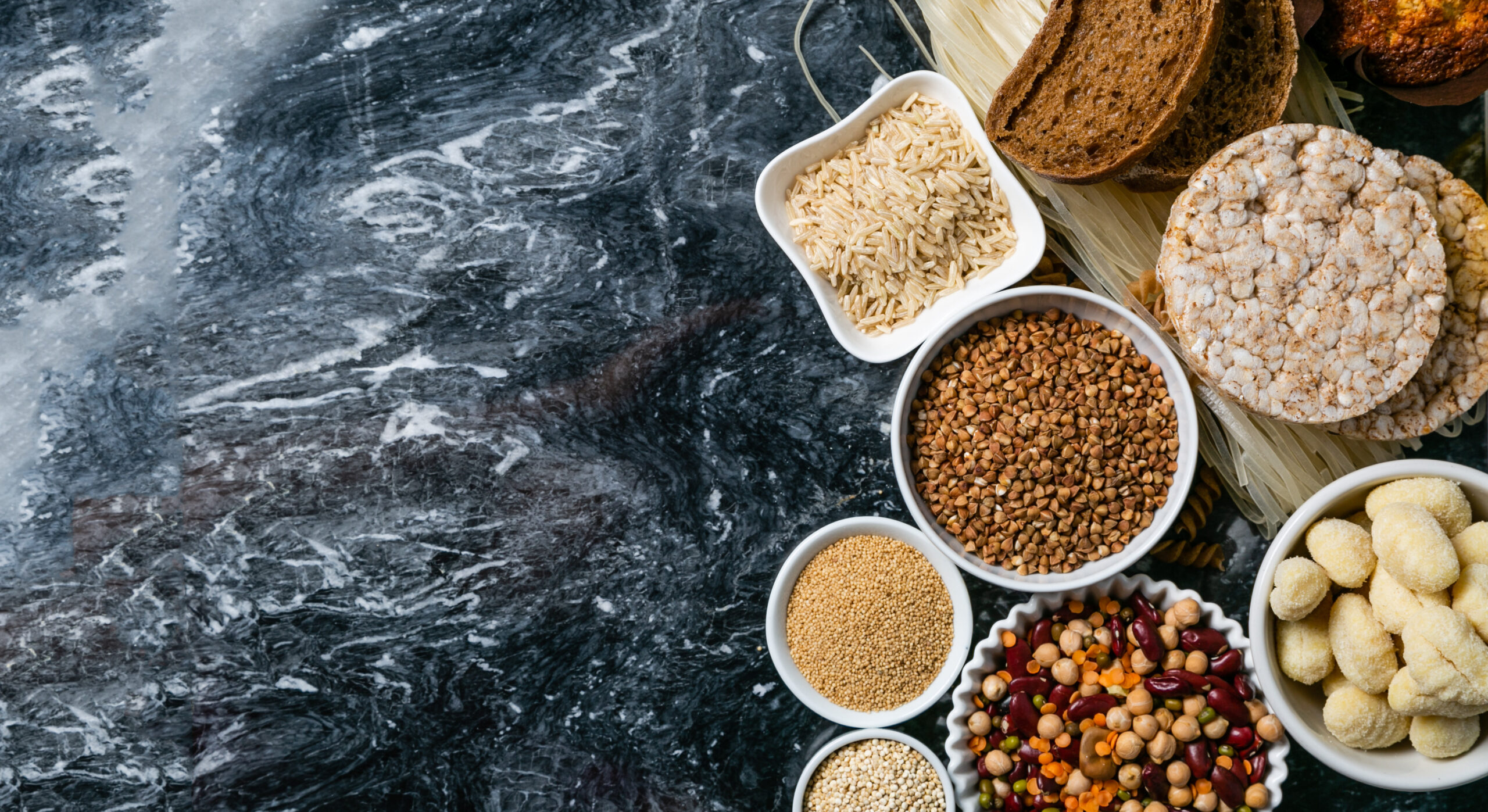The United Nations Food and Agriculture Organization (FAO) released its latest data on Friday, indicating a slight dip in the global food price index for July.
The index, which monitors the prices of the most internationally traded food commodities, fell to 120.8 points, down from a revised 121.0 in June. This slight decrease marks a pause in the upward trend observed over the previous four months.
Cereals index sees significant decline
The primary driver of the overall decrease in the index was a notable drop in cereal prices.
This component of the index registered a decline, alleviating some pressure on global food markets. The FAO’s cereal price index fell due to improved crop conditions and expectations of strong harvests in major producing regions.
In contrast, prices for other food categories showed upward movements. The index for vegetable oils, meat, and sugar saw increases, contributing to the complex dynamics of the global food market.
Meat, vegetable oils, and sugar indices rise
The meat price index experienced an increase, reflecting higher demand and constrained supply in several regions. The vegetable oil price index rose, influenced by tight global inventories and lower-than-expected production levels.
Sugar prices also climbed, driven by concerns over adverse weather conditions affecting key sugar-producing countries.
Year-on-year analysis shows a significant decline
Despite the minor decrease from June to July, the FAO index was 3.1% lower than its level one year ago.
More strikingly, it was 24.7% below the peak reached in March 2022, following the geopolitical turmoil caused by Russia’s invasion of Ukraine, both significant exporters of agricultural products.
Factors influencing the index’s movements
The July data underscores the volatility in global food markets, influenced by a myriad of factors including weather conditions, geopolitical events, and shifts in supply and demand dynamics.
For instance, improved weather in the United States and Brazil contributed to better crop conditions, which in turn helped ease cereal prices.
Other commodities like vegetable oils and sugar faced supply constraints, partly due to adverse weather in key producing regions like Southeast Asia and Brazil, respectively.
The meat index’s increase was partly attributed to continued high demand in major markets, coupled with supply chain disruptions and disease outbreaks in some livestock sectors.
Broader implications for global food security
The fluctuations in the FAO food price index have broader implications for global food security.
While the recent dip provides some relief, the overall high prices continue to pose challenges, particularly for low-income countries that are heavily dependent on food imports.
The high costs of essential commodities such as vegetable oils and sugar can strain household budgets and exacerbate food insecurity.
Moreover, the ongoing conflict in Ukraine continues to pose risks to global food supply chains. Disruptions in production and export activities from Ukraine and Russia have significant impacts, given their roles as major suppliers of wheat, corn, and sunflower oil.
Looking ahead: cautious optimism
Looking forward, there is cautious optimism regarding global food prices. Improved crop forecasts and expectations of strong harvests in major producing regions could help stabilise prices.
The FAO warns that ongoing geopolitical tensions, climate-related disruptions, and economic uncertainties could continue to affect food markets.
Policymakers and international organisations are urged to monitor these developments closely and implement measures to support vulnerable populations.
Ensuring the resilience of global food supply chains and addressing the underlying causes of price volatility are crucial steps towards achieving food security for all.
The post UN food price index dips slightly in July appeared first on Invezz
























